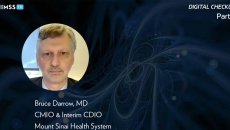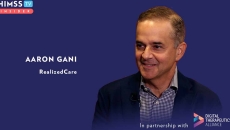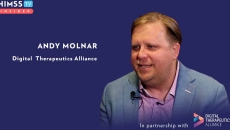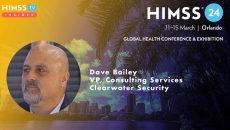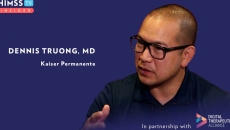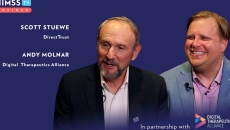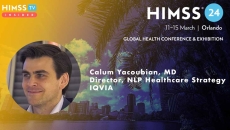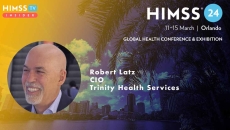Videos
AI is not meant to replace doctors, but offers augmented intelligence to make physicians more successful, more accurate and faster, says Mount Sinai's CMIO Dr. Bruce Darrow.
Digital therapeutics can engage patients differently through wearables and telemetry and collect data, which is valuable to pharmaceutical R&D and patient engagement, says Aaron Gani, founder and CEO of RealizedCare.
Change is needed on Capitol Hill, which is why the Digital Therapeutics Alliance summit was held in D.C., says Andy Molnar, president of the group.
HIMSS24
One of the key takeaways from the Change incident is the industry is not prepared for the type of disruption this attack perpetrated, says Dave Bailey, VP, Consulting Services at Clearwater Security.
Dr. Dennis Truong, regional telemedicine/mobility director at Kaiser Permanente, discusses how digital therapeutics bridges the gap of patient access to care.
HIMSS24
McGill University Health Centre implemented MDClone for data to improve the health of populations, says Dr. Alan Forster, vice president of Innovation, Transformation and Clinical Performance at McGill University Health Centre.
DirectTrust and Digital Therapeutics Alliance can move forward by showing payers their product is suitable for coverage, says Scott Stuewe, president and CEO of DirectTrust, and Andy Molnar, CEO of the Digital Therapeutics Alliance.
HIMSS24
GenAI large language models are the latest and greatest evolution in natural language processing, says Dr. Calum Yacoubian, director of NLP healthcare strategy at IQVIA.
HIMSS24
Kyruus Health is trying to solve the problem of care access through a nationwide platform, says President Paul Merrild.
HIMSS24
Everyone is trying to figure out the home health space and the difference between SNF at home and the hospital at home models, says Robert Latz, CIO of Trinity Rehabilitation Services.
